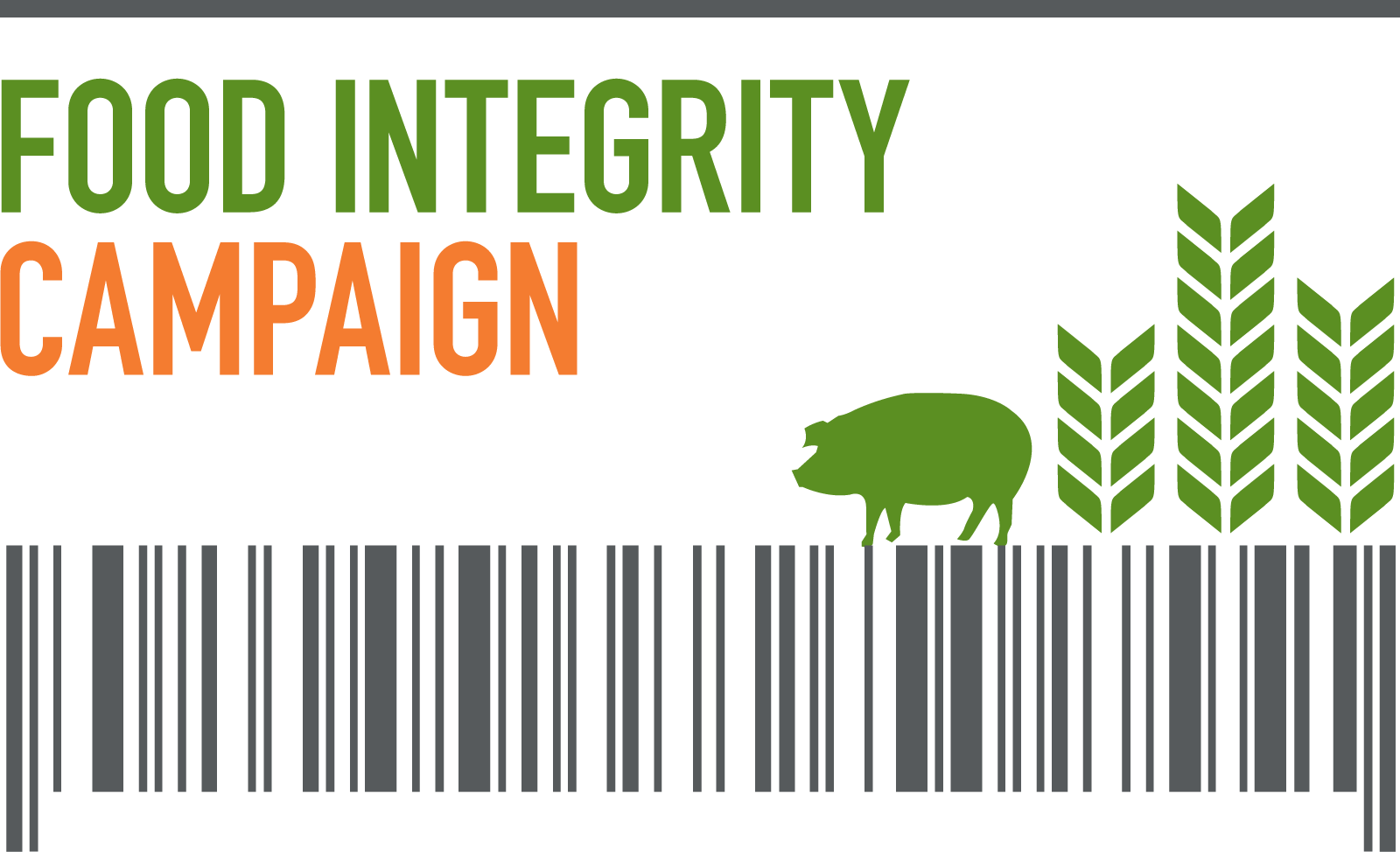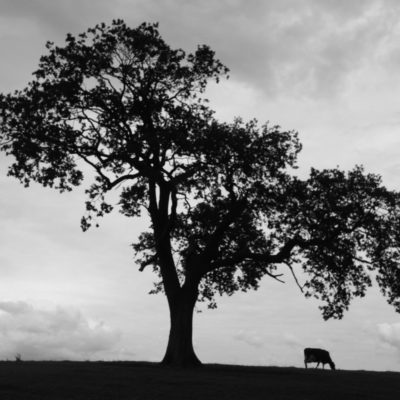Dr. Dean Wyatt was a Public Health Veterinarian (PHV) for the USDA Food Safety Inspection Service (FSIS). Dr. Wyatt discovered gruesome and distasteful violations of the humane handling regulations – not at just one plant, but two. Each time, Dr. Wyatt voiced concerns to his supervisors. However, as Wyatt’s experiences clearly illustrate, FSIS officials continually chose to ignore shocking reports of inhumane treatment and safety violations. Instead, FSIS reprimanded him on several occasions for trying to hold the incompliant plants accountable, and subjected him to a slew of blatant retaliatory actions.
Dr. Wyatt was ultimately vindicated. With Government Accountability Project’s help, he appeared before a House of Representatives Committee, providing powerful testimony about a broken system of food safety enforcement.
For nearly two decades, Dr. Wyatt served in the federal government as a PHV with FSIS, the primary government department charged with monitoring the inner workings of meat processing plants, and guarding against any threats to public safety or inhumane animal treatment. Before raising concerns, Wyatt was repeatedly lauded for his work performance from both inside and outside the agency, and received numerous performance awards and veterinary honors over the past decade.
When Dr. Wyatt attempted to enforce food safety laws at the Seaboard Farms plant in Oklahoma from March 2007 to May 2008, his FSIS superiors repeatedly retaliated against him.
Specifically, Dr. Wyatt witnessed:
- Conscious pigs, shackled to the conveyor line, having their throats slit while kicking and squealing.
- Inhumane unloading of livestock off of trucks, to the point that several animals were trampled and crushed.
- Needless and unprovoked beating of animals.
Dr. Wyatt wrote to the relevant FSIS District Office about these gross violations. The FSIS ignored his concerns and chose to bully, intimidate, and retaliate against him. These actions included:
- After Dr. Wyatt notified the District Office about the slaughtering of live animals, the office chose not to speak with him directly about his allegations, and instead blanket-accepted the company’s version of events.
- After exposing the trampling of animals, on-site FSIS inspection personnel were chastised and blamed. Subsequently, plant officials simply erected panels to prevent FSIS personnel from viewing future offloading.
- After observing the forced trampling for a second time, and sending another report, Wyatt was ordered by District Office management to drastically cut back on his humane-handling enforcement. Wyatt was also notified that he would be demoted to a non-supervisory position for two weeks.
This sort of cycle repeated itself until, in another act of retaliation, Wyatt was informed he had to leave the plant and transfer to another one – Bushway Packing in Vermont. Shockingly, Wyatt found that the abuse levels and acts of wrongdoing were horrific at this plant as well, and that that plant’s regional FSIS office was also unwilling to intervene and solve the problem. Problems at this site included:
- Cattle were haphazardly shot, resulting in repeated firings being necessary, and in some cases animals were left writhing in pain with head-shot injuries.
- Baby calves were being dragged on the ground because they were too young, weak, and dehydrated to stand. Some of these calves were then thrown in the air into pens.
- The FSIS District Office gave specific orders to plant management, demanding that the calf-stunning area be decreased in size (to safeguard the animal’s wellbeing when stunned). After the plant manager became angry and protested, the District Office backed down, and no changes were implemented.
Retaliation and response to Dr. Wyatt’s concerns regarding these problems was similar to those he experienced while in Oklahoma – his allegations were largely ignored or downplayed. FSIS supervisors eventually ordered Wyatt to attend remedial training classes – a unique punishment for someone of Wyatt’s background and tenure – which was later made public in a newsletter sent throughout the industry, damaging Wyatt’s professional reputation.
Dr. Wyatt was vindicated months later by an undercover video taken by the Humane Society of the United States at the Bushway plant. This video evidence documented the very types of humane handling violations that Dr. Wyatt was trying to stop, including a calf being skinned while still alive and conscious. In the video, Bushway employees and a USDA employee are shown either committing or allowing these egregious violations to occur.
Wyatt was further vindicated in March 2010, when a GAO report was released that also substantiated Dr. Wyatt’s concerns that the humane handling violations were not being enforced. In the lead-up to this, Dr. Wyatt turned to Government Accountability Project for help. Government Accountability Project helped him prepare and deliver shocking testimony to the House Committee on Oversight and Government Reform. At the hearing, Wyatt disclosed information about humane handling violations at the plants he had inspected, described the lack of support he received from his USDA/FSIS supervisors, and made recommendations for reform of the Agency’s approach to humane handling.

